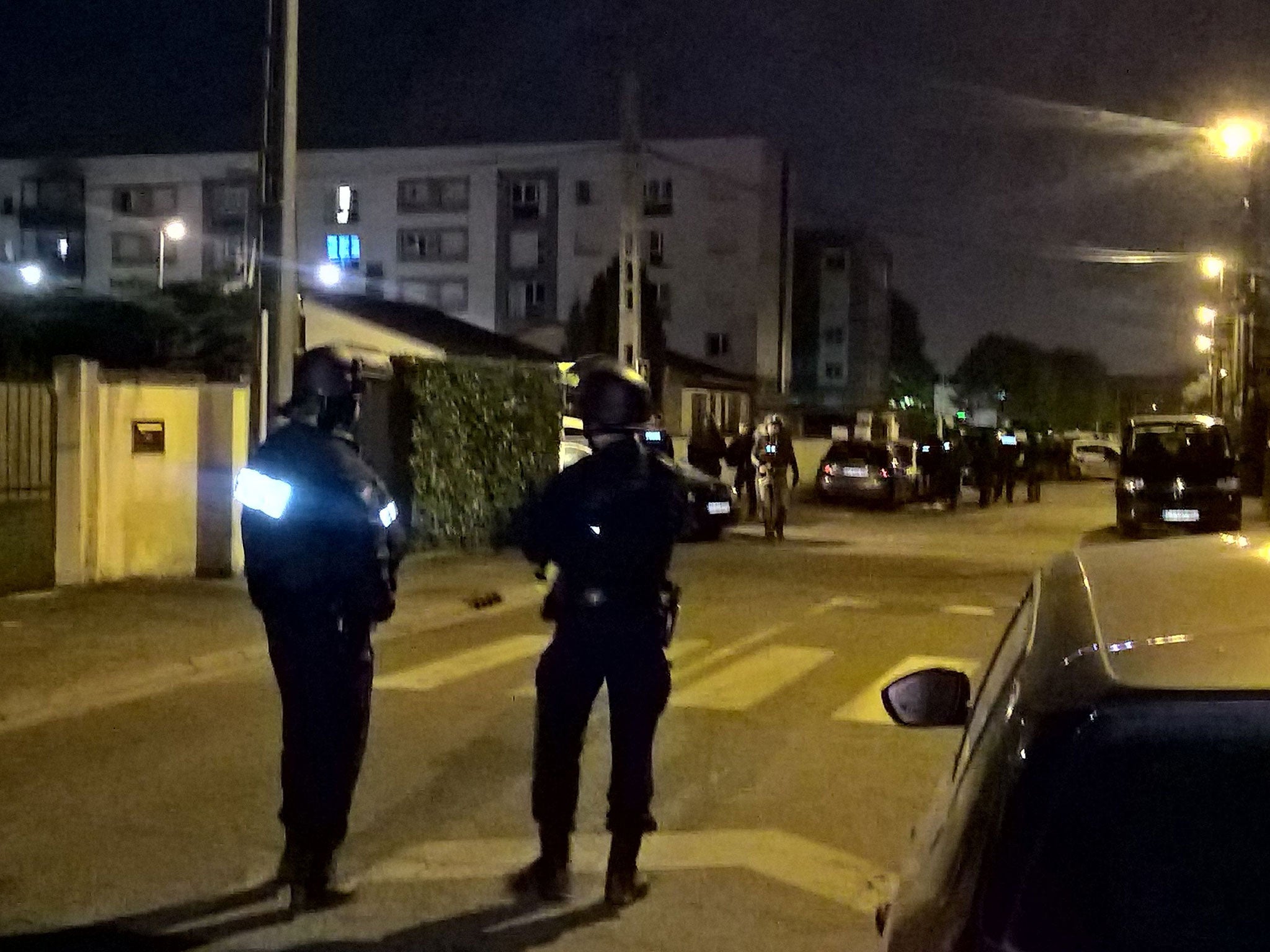Paris attack: Champs Elysees terror attacker 'had a note expressing support for Isis'
Terrorist group used propaganda to instruct followers to leave letters at scene of atrocities
Your support helps us to tell the story
From reproductive rights to climate change to Big Tech, The Independent is on the ground when the story is developing. Whether it's investigating the financials of Elon Musk's pro-Trump PAC or producing our latest documentary, 'The A Word', which shines a light on the American women fighting for reproductive rights, we know how important it is to parse out the facts from the messaging.
At such a critical moment in US history, we need reporters on the ground. Your donation allows us to keep sending journalists to speak to both sides of the story.
The Independent is trusted by Americans across the entire political spectrum. And unlike many other quality news outlets, we choose not to lock Americans out of our reporting and analysis with paywalls. We believe quality journalism should be available to everyone, paid for by those who can afford it.
Your support makes all the difference.A note expressing support for Isis has been found near the body of a gunman who shot a police officer dead in the centre of Paris.
Sources within the investigation told news agencies of the discovery as a probe continued into the chief suspect, a 39-year-old Frenchman who was the subject of a previous terror investigation.
Police also found a pump-action shotgun and knives in his car, showing the attacker was armed for an extended assault.
Isis swiftly claimed responsibility for the attack, giving the perpetrator a war name indicating he had links in Belgium and hailing him as a "fighter of the Islamic State".
The speed of the claim and the fact the attacker was identified suggests he was in contact with the group and informed militants of his plan in advance.
War names were previously used by Isis to identify the jihadis who carried out the Paris and Brussels attacks, which were coordinated with commanders in Syria
The group has issued detailed instructions on carrying out car and shooting attacks in its propaganda magazines, which urged followers to leave letters or other proof of their support to be found by authorities.
“Lest the operation be mistaken for one of the many random acts of violence that plague the West, it is essential to leave some kind of evidence or insignia identifying the motive and allegiance to the caliphate, even if it is something as simple as a note,” said an article calling for knife attacks in October.
The article, followed by another specifically calling for lorry attacks, was followed by massacres in Berlin, Stockholm and London.
Notes claiming to express support for Isis were found following bombings targeting the Borussia Dortmund football team earlier this month, although they later emerged to be fabrications by a market trader hoping to profit from falling shares.
The main suspect for Thursday's atrocity is Karim Cheurfi, who had an extensive criminal record including the attempted murder of two police officers.
Three of his relatives were detained in searches of his family home in Chelles, although police stressed the move was standard procedure for questioning.
Cheurfi was jailed for attempted murders that saw him shoot two police officers – one during a car chase in 2001 and a second days later after seizing his gun in custody, Le Parisien reported.
At a trial in 2003, Cheurfi was sentenced to 20 years imprisonment, which was later reduced to 15 on appeal, and it was unclear when he was released.

He was also arrested in February as part of a counter-terror investigation - reportedly for threatening police officers - but was released by the courts because of insufficient evidence the following day.
Pierre-Henry Brandet, a spokesperson for the French interior ministry, described the suspected gunman, who has not yet been officially named, as an “individual known by the judiciary and police services – a dangerous individual”.
French authorities said they would not formally name the gunman, who was shot dead at the scene, until they had established whether he was working with accomplices.
Witnesses said he parked a car behind a police van on the Champs Elysees on Thursday night, emerging to open fire with a Kalashnikov.
One officer was killed and two more injured, as well as a German woman whose foot was injured.
One of the officers underwent emergency surgery overnight, but an interior ministry official said both injured officers were now “out of danger”.
It was one of almost a dozen attacks and plots targeting the French security services since 2012, including the murder of a police officer and his wife by an Isis supporter north of Paris, a machete attack outside Le Louvre and an attempted murder at Orly airport.
The latest killing came just days before the presidential election, following an operation to foil an “imminent” Isis bombing plot that was in an advanced stage of preparation.
The Prime Minister announced the deployment of more than 50,000 police officers and 7,000 soldiers for the first round of voting on Sunday.

Join our commenting forum
Join thought-provoking conversations, follow other Independent readers and see their replies
Comments